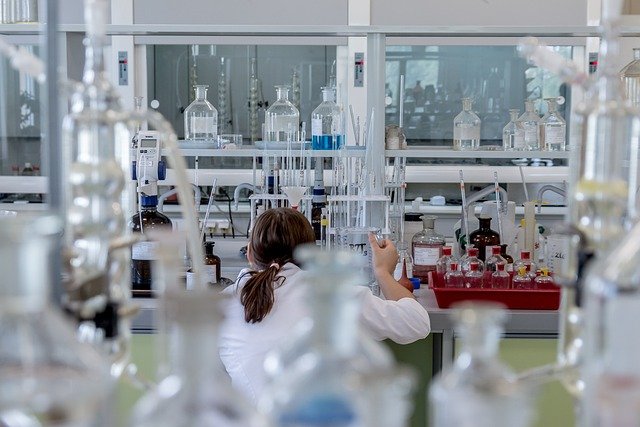Engine Repair Training: How to Learn Essential Skills, Tools, and Safety Practices for Automotive Maintenance
Engine repair training equips aspiring mechanics with the knowledge and skills to diagnose, fix, and maintain various types of engines. This comprehensive guide explores the key aspects of engine repair training, from foundational concepts to advanced techniques.
What are the core components of engine repair training?
Engine repair training typically covers several fundamental areas. These include understanding engine types and their components, diagnostic techniques, proper use of tools, and safety protocols. Trainees learn about internal combustion engines, electrical systems, fuel systems, and cooling systems. The curriculum often combines theoretical knowledge with hands-on practice to ensure a well-rounded skill set.
How long does it take to complete engine repair training?
The duration of engine repair training can vary significantly depending on the program and level of expertise sought. Basic courses may last a few weeks to a few months, while comprehensive programs can take up to two years. Some vocational schools offer associate degree programs in automotive technology, which typically take about two years to complete. Shorter certificate programs are also available for those seeking specific skills or quick entry into the field.
What tools and equipment are essential for engine repair?
Engine repair requires a diverse set of tools and equipment. Some essential items include:
- Socket sets and wrenches
- Torque wrenches
- Multimeters
- Compression testers
- OBD-II scanners
- Jack stands and hydraulic lifts
- Engine hoists
- Specialty tools for specific makes and models
Trainees learn to use these tools safely and effectively throughout their training. Many programs provide students with a basic tool kit, while more advanced tools are typically available in the training facility.
Where can one find reputable engine repair training programs?
Reputable engine repair training programs can be found in various settings. Community colleges, technical schools, and vocational institutes often offer comprehensive automotive technology programs that include engine repair. Some well-known automotive manufacturers also provide specialized training programs. Online courses and certifications are available for those seeking flexibility, though these should be complemented with hands-on experience.
What are some advanced topics covered in engine repair training?
Advanced engine repair training delves into more complex topics and emerging technologies. These may include:
- Performance tuning and engine modification
- Hybrid and electric vehicle systems
- Computer diagnostics and programming
- Emissions control systems
- Advanced fuel injection systems
- Engine rebuilding techniques
Many programs also cover business management and customer service skills, which are valuable for those planning to open their own repair shops or advance in their careers.
How much does engine repair training typically cost?
The cost of engine repair training can vary widely depending on the type of program, duration, and institution. Here’s a comparison of some common training options:
| Training Type | Provider | Cost Estimation |
|---|---|---|
| Certificate Program | Community College | $2,000 - $5,000 |
| Associate Degree | Technical Institute | $10,000 - $25,000 |
| Manufacturer-Specific Training | Automotive Manufacturer | $1,000 - $3,000 per course |
| Online Certification | E-learning Platform | $500 - $2,000 |
| Apprenticeship | Local Repair Shop | Paid training (varies) |
Prices, rates, or cost estimates mentioned in this article are based on the latest available information but may change over time. Independent research is advised before making financial decisions.
Engine repair training is an investment in a stable and potentially lucrative career. The Bureau of Labor Statistics reports that the median annual wage for automotive service technicians and mechanics was $44,050 as of May 2020, with the top 10% earning more than $71,940. However, earnings can vary based on location, experience, and specialization.
In conclusion, engine repair training offers a pathway to a rewarding career in the automotive industry. With the right combination of theoretical knowledge, practical skills, and ongoing learning, trained mechanics can tackle the challenges of modern vehicle maintenance and repair. As automotive technology continues to evolve, the demand for skilled engine repair professionals is likely to remain strong.
The shared information of this article is up-to-date as of the publishing date. For more up-to-date information, please conduct your own research.





